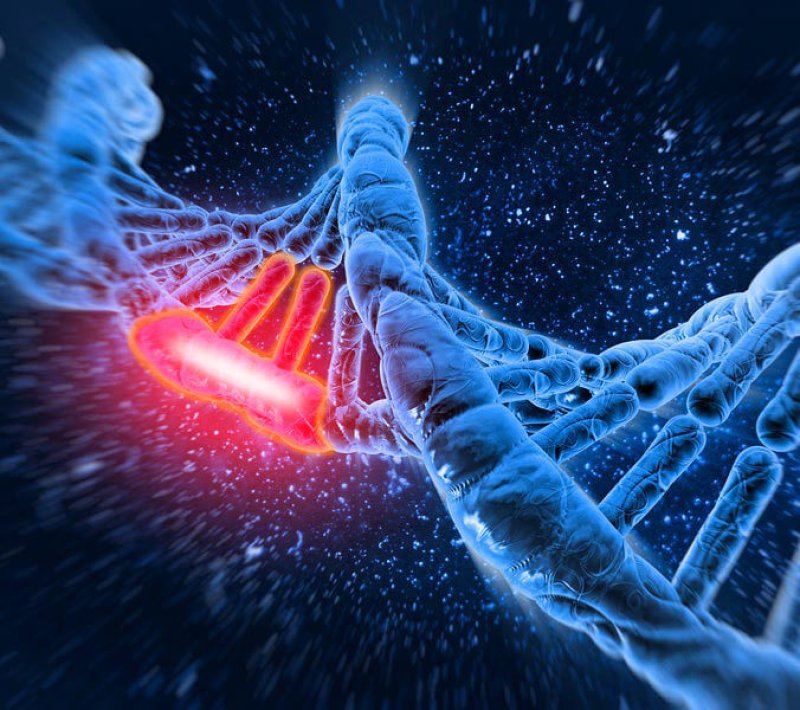Why do some mutations lead to disease while others seemingly overcome injury without harm? How do some cells pinch hit for their missing or hurt comrades?
…
Genetic compensation, [Dr. Didier Stainier] explained, involves changes in RNA or protein levels that can functionally compensate for the loss of function of another gene. Transcriptional adaptation refers to changes in RNA levels that result from a mutation, but not from the loss of gene function.
…
[S]cientists want to fully understand how the process starts and what occurs to prompt the actions. “The main question we had at this point is, what is the trigger for the transcriptional adaptation response?” Stainier said.His research group tested several hypothetical prompts, finally settling on damaged or mutant RNA as the culprit. That led to more questions.
“Why do some genetic mutations cause disease while others do not?” Stainier asked. Are some mutations more or less severe than others? Also, how can more effective therapies be developed that would “enhance an organism’s robustness to a mutation rather than trying to correct the mutation?”
Investigators now are exploring ways to trigger up-regulation of the specific compensating proteins and trying to understand how the degraded mutant RNA prompts the response in the first place.
Read full, original post: What Organ Formation, Function Tell Us About Overcoming Mutations































